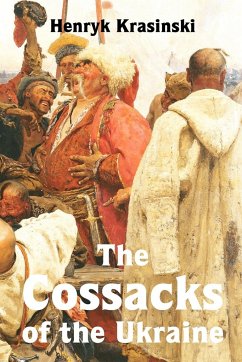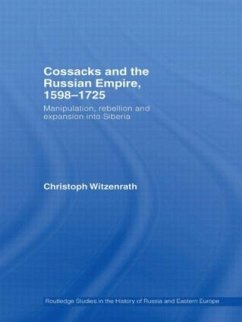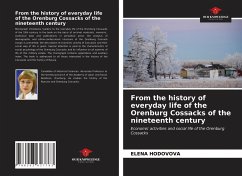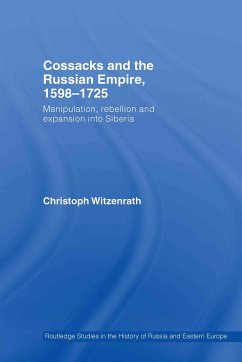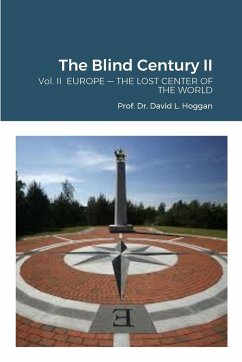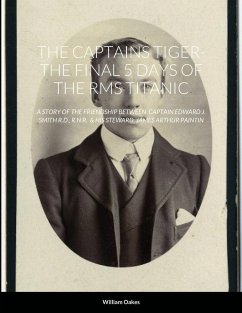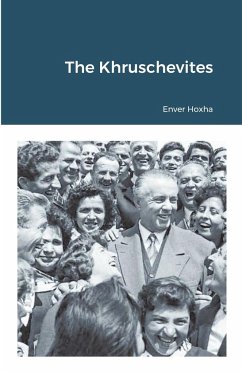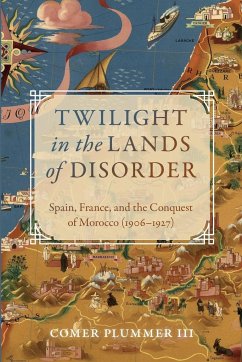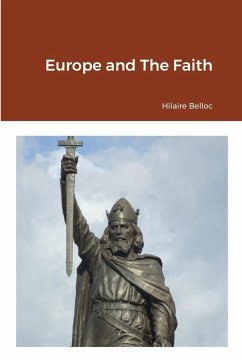
The Cossacks
Their History and Country

PAYBACK Punkte
11 °P sammeln!
To weave a connected narrative from the known episodes of Cossack history would be a difficult and, in many ways, an impossible task. Such a work would, moreover, involve years of patient preparation and research - for authentic records concerning the subject are only to be found scattered as isolated chapters or paragraphs among the pages of Russian, Polish and Turkish history. Poets and native bards were, generally speaking, the chief historians of the Cossacks or "Free People". The guiding traditions of their race, like those of all pastoral peoples, are to be found in songs, ballads and fo...
To weave a connected narrative from the known episodes of Cossack history would be a difficult and, in many ways, an impossible task. Such a work would, moreover, involve years of patient preparation and research - for authentic records concerning the subject are only to be found scattered as isolated chapters or paragraphs among the pages of Russian, Polish and Turkish history. Poets and native bards were, generally speaking, the chief historians of the Cossacks or "Free People". The guiding traditions of their race, like those of all pastoral peoples, are to be found in songs, ballads and folkstories, rather than in written records. Yet the national ideals thus orally maintained have lost nothing thereby in strength or influence. The Cossack ballads and khorovod of the present day, like those of earlier times, teach love of freedom, loyalty to comrades and hetman, and a sturdy devotion to the privileges which the courage of their forefathers obtained for them in the past. Cossack folktales differ in many respects from the heroic legends and peasant bylines of the North. They possess, moreover, a characteristic strain - praise of joyous adventure and "glad living" - all their own. Filled with the spirit of the "Free Steppes", they tell of hard knocks given and taken for the sheer love of fight; of struggles desperate and bloody, followed by Gargantuan feasting and debauch. Doughty feats with the wine-cup are honoured almost equally with deeds of war. In all these romances the dominant note is the praise of personal liberty and of a freedom often degenerating into license. While the Cossack did, or ballad-mongers, frankly celebrate the deeds of their heroes in a measure of exaggeration permitted by patriotism and poetic license, the more ambitious and labored "historical" works of certain Polish and Russian writers only furnish an account so manifestly partial and prejudiced that they have little more scholarly authority than the Cossack folklore tales. A great historical romance has added to this confusion. All that is generally known abroad concerning the most glorious epoch of Cossack history is contained in the heroic pages of the late Henryk Sienkiewicz. In these masterpieces of fiction the part played by the tyrannical oppressors of the Cossack patriot Bogdan is lauded to the skies, and every act of his "base-born" followers too often treated with a fine if unconvincingly nobiliary contempt...



